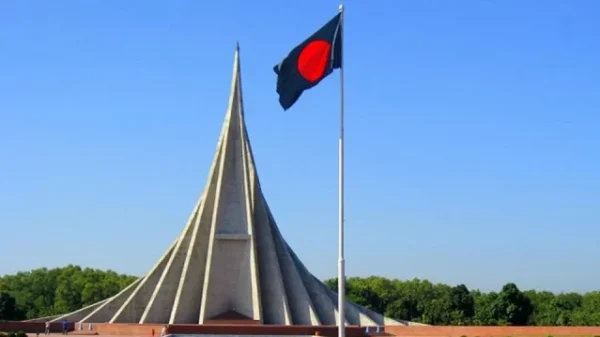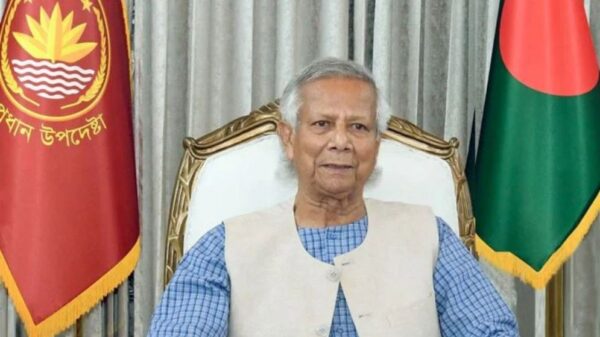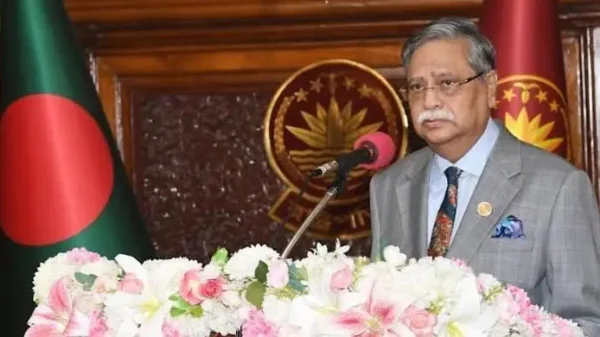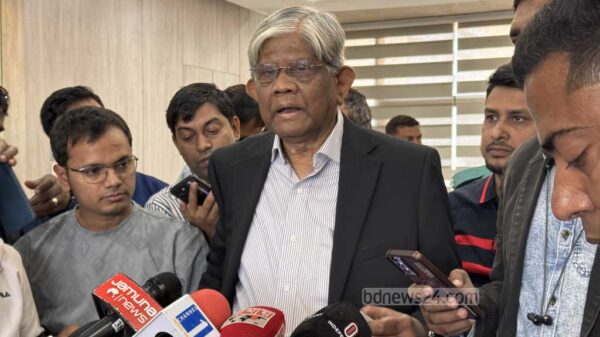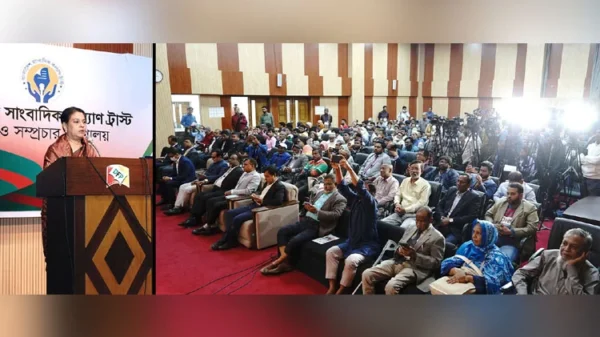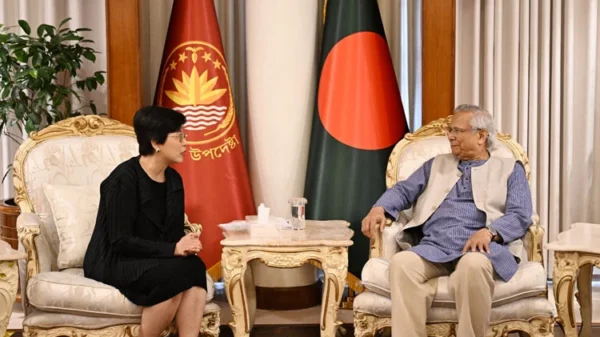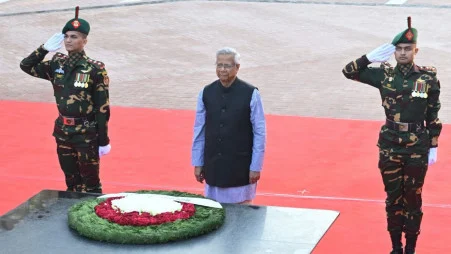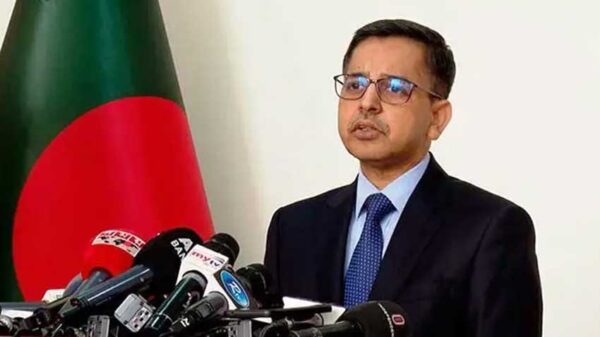SAN JUAN, Puerto Rico (Net) — Pressure is mounting on an obscure U.N. body based in Jamaica to hit pause on plans to potentially open the world’s deep seas to mining as companies push for permission to extract metals from seabeds in international waters.
The International Seabed Authority on Friday closed two weeks’ worth of negotiations without approv-ing rules and regulations to oversee deep sea mining amid growing calls to pause, ban or place a morato-rium on the quest to extract minerals from the Earth’s watery depths that are used in green technology like electric car batteries.
While the first exploration licenses for deep sea mining were issued in 2001, the authority has yet to re-ceive an application for actual mining. Individual countries and private companies can start applying for provisional licenses on July 10 if the U.N. body does not approve a set of rules and regulations by July 9, which experts say is highly unlikely since they believe the process could take several years.
“We know what a crucial period…the council is in at the moment,” Deryck Lance Murray, the authori-ty’s representative for Trinidad and Tobago, said at the closing meeting on Friday.
Scientists worry that deep sea mining would disrupt critical ecosystems that regulate climate change, and a growing number of countries are siding with them, including France, Spain, Germany, Costa Rica and the Dominican Republic.
“When in doubt, favor nature,” Edward Aníbal Pérez, the authority’s representative from the Dominican Republic, said at the closing meeting on Friday.
He noted that while he is aware of the importance of certain minerals given that mankind is on the brink of an energetic transition, he said deep sea mining is not the sole alternative to meet growing demand.
“It is clear there are doubts as to the effects that this activity might cause,” he said.
Earlier, France’s representative, Olivier Guyonvarch, said a lack of data on deep sea ecosystems and spe-cies prevents a fact-based analysis of potential damage that such mining might cause.
“Scientists are uncovering an extraordinary diversity of life in the largely unexplored and unstudied depths of the ocean,” he said.
Guyonvarch noted that scientists already know the deep sea plays a large role in mitigating climate change by storing large amounts of carbon.
Scientists have warned that deep sea mining would kill species and damage ecosystems by releasing noise, light and dust storms, while companies that support such mining argue it is cheaper and has less of an impact than land mining.
More than 30 exploration licenses have been issued so far, with activity mostly focused in an area called the Clarion-Clipperton Fracture Zone, which spans 1.7 million square miles (4.5 million square kilome-ters) between Hawaii and Mexico. Exploration there has been occurring at depths ranging from 13,000 to 19,000 feet (4,000 to 6,000 meters).
The rush and demand for minerals come as a growing number of countries and companies turn to green energy in a bid to reduce pollution.
The International Energy Agency noted in a report this year that “industries that were in their infancy” in the early 2000s and 2010s such as solar photovoltaic technology and electric vehicles, “have mush-roomed into vast manufacturing operations today.”
Demand for minerals including lithium, cobalt and nickel is expected to increase from less than 10 mil-lion metric tons to some 150 million metric tons between 2020 and 2050, according to Columbia Uni-versity’s Center on Global Energy Policy.
More than a dozen countries have officially called for a ban, pause or moratorium on deep sea mining, although it’s unclear how many other countries support such mining. And while there are 36 members on the authority’s council that have the power to award contracts to governments and private companies, only 12 votes in favor of deep sea mining are needed for it to pass, according to Deep Sea Conservation Coalition, a Netherlands-based alliance of environmental groups.
In addition, the ongoing debate is how would the U.N. body approve or reject an application for a provi-sional license without guidance from a set of rules and regulations, Matthew Gianni, the coalition’s co-founder, told The Associated Press.
He added that there is no agreement yet on what a provisional license would allow.
And even if a provisional license is granted, it’s not yet clear whether that would be an actual green light for mining or just a provisional approval stating that the company or country cannot sign a contract with the U.N. body until a regulatory framework is created.
“All of that is up in the air,” Gianni said.
Any decision regarding a provisional license also could be appealed to the International Tribunal for the Law of the Sea.


